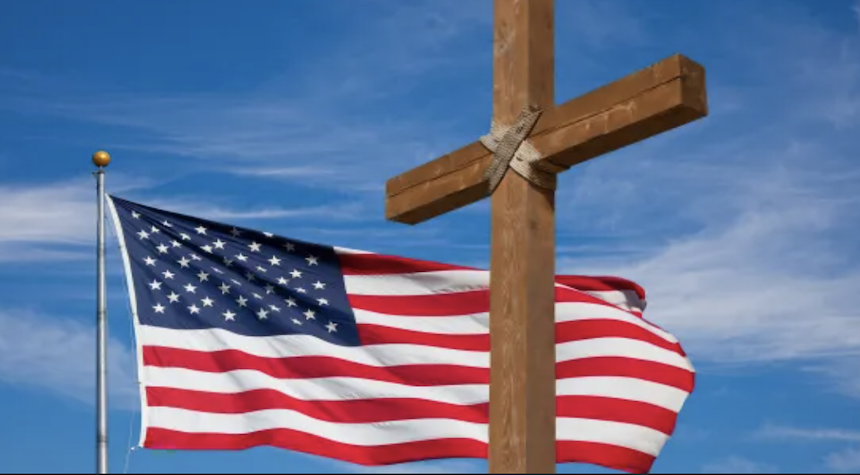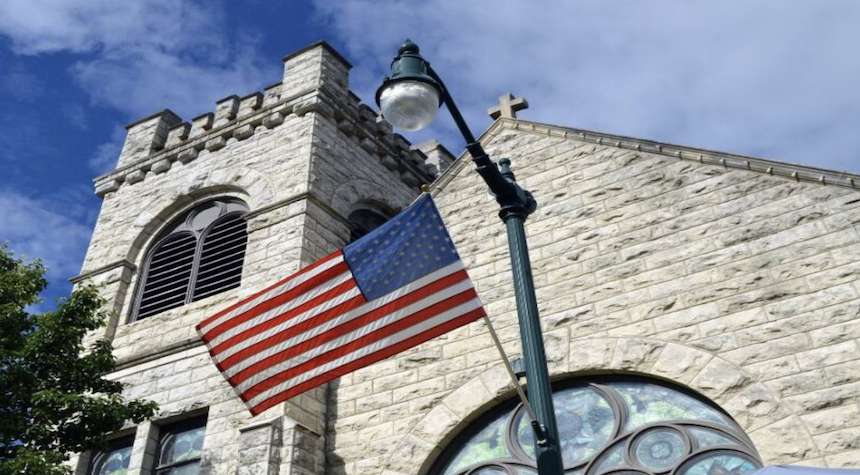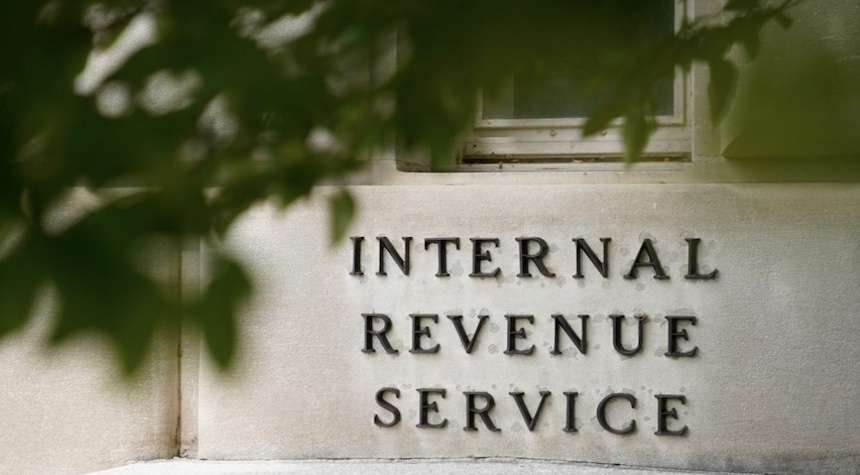An interesting saga is unfolding in the halls of our tax collection agency. The IRS has declared that pastors endorsing political candidates from the pulpit should not fear losing their tax-exempt status. This effectively creates a special provision for religious organizations, a kind of sanctuary from a seldom-invoked IRS rule known as the Johnson Amendment.
The Johnson Amendment was installed in 1954, bearing the name of then-Senator Lyndon Johnson. It prohibits tax-exempt organizations, including churches, from endorsing or opposing political candidates. And now, the IRS, together with the National Religious Broadcasters Association and other plaintiffs, is calling for an end to the government’s enforcement of this amendment against them.

This Christian media group and others brought a lawsuit against the IRS last year, asserting that the Johnson Amendment infringes upon their First Amendment rights to freedom of speech and free exercise of religion, among other legal protections. The IRS and plaintiffs wrote in a joint court filing that the amendment should be interpreted “so that it does not reach communications from a house of worship to its congregation in connection with religious services through its usual channels of communication on matters of faith.”
President Donald Trump has expressed his desire to eliminate the Johnson Amendment and, in 2017, signed an executive order directing the Treasury to disregard the rule. Republican lawmakers have also recently introduced legislation to remove this amendment.

The IRS hasn’t generally enforced the Johnson Amendment against houses of worship for speech related to electoral politics. But the question that keeps bouncing around my mind is this: Where do we draw the line between the sacred and the secular? Between the pulpit and the political stage? These are questions at the heart of our democracy.


